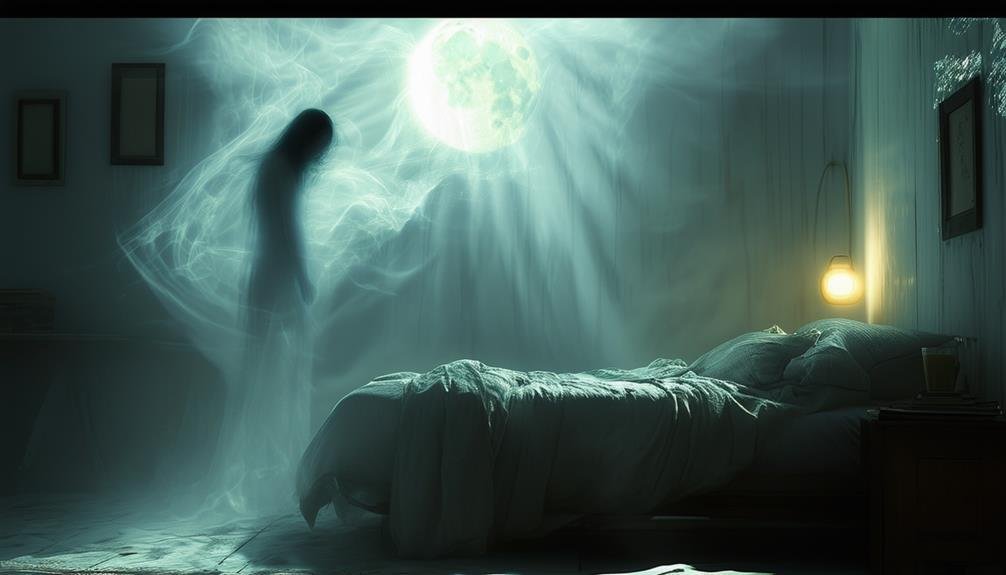Dream interpretation has been a fascinating aspect of human culture for centuries. From ancient civilizations to modern psychology, the way people understand and analyze dreams has evolved significantly. This article explores the historical journey of dream interpretation and its changing significance across different eras.

Ancient Civilizations and Dreams
Early Beliefs
In ancient cultures, dreams were often seen as messages from the divine or supernatural realms. Civilizations such as the Egyptians and Mesopotamians viewed dreams as omens or prophecies. They believed that deities communicated important information through dreams, guiding rulers and individuals in their decisions.
The Egyptians
The Egyptians took dream interpretation seriously, recording dreams on papyrus and developing extensive manuals for analysis. They categorized dreams into different types, such as “good” or “bad,” and often consulted priests for interpretations. The famous “Dream Book” of ancient Egypt served as a guide to understanding common dream symbols and their meanings.
Philosophical Perspectives
Greek and Roman Influence
With the advent of philosophy, dream interpretation began to shift. Figures like Aristotle and Plato pondered the nature of dreams and their relation to reality. Plato believed dreams revealed truths about the soul, while Aristotle viewed them as reflections of waking life. This philosophical inquiry laid the groundwork for more systematic approaches to understanding dreams.
The Role of Psychotherapy
In the late 19th and early 20th centuries, dream interpretation gained prominence in the realm of psychology. Sigmund Freud introduced the idea that dreams are windows into the unconscious mind. He viewed dreams as expressions of repressed desires and conflicts, emphasizing the importance of symbolic interpretation. His groundbreaking work, “The Interpretation of Dreams,” established dream analysis as a vital aspect of psychoanalysis.
Modern Approaches to Dream Interpretation
Jungian Psychology
Carl Jung expanded upon Freud’s theories, introducing the concept of archetypes and the collective unconscious. He believed dreams serve not only individual psyches but also reflect universal themes and symbols shared among humanity. Jung’s approach encouraged a more holistic understanding of dreams, focusing on their potential for personal growth and insight.
Contemporary Views
Today, dream interpretation incorporates various fields, including psychology, neuroscience, and cultural studies. Researchers now explore the biological and cognitive aspects of dreaming, investigating how dreams relate to memory, emotions, and problem-solving. While traditional symbolic interpretations still hold value, modern approaches emphasize the individual’s personal context and experiences.
Cultural Influences on Dream Interpretation
Global Perspectives
Dream interpretation varies significantly across cultures. In many Indigenous cultures, dreams are considered sacred and integral to spiritual practices. For instance, some Native American tribes view dreams as a means of connecting with ancestors and gaining wisdom. Similarly, in Eastern traditions like Buddhism and Hinduism, dreams can serve as spiritual guidance or pathways to enlightenment.
The Influence of Religion
Religious beliefs also shape dream interpretation. In Christianity, dreams are often seen as divine messages, while in Islam, they can hold prophetic significance. Different religious traditions provide various frameworks for understanding dreams, reflecting the cultural and spiritual values of their communities.
The Future of Dream Interpretation
As we continue to explore the mysteries of dreams, the evolution of dream interpretation will likely keep pace with advancements in psychology and neuroscience. The integration of technology, such as brain imaging, may offer new insights into the functions and meanings of dreams.
Personal Empowerment
In contemporary society, many individuals seek to understand their dreams as a form of self-exploration and personal empowerment. Dream journals, therapy, and online communities allow people to engage with their dreams actively, fostering deeper connections to their inner lives.
Conclusion
The evolution of dream interpretation reflects humanity’s changing understanding of the mind, consciousness, and the significance of dreams. From ancient omens to modern psychological insights, dreams continue to captivate our imagination and serve as vital tools for self-discovery. As we look to the future, the exploration of dreams will undoubtedly remain a rich field for inquiry and personal growth.




